Ten CU Boulder graduate students or alumni received Fulbright grant offers to pursue teaching, research and graduate studies abroad during the 2017-18 academic year.
Deadline: Sept. 6, 2017
Requirements:
- U.S. citizenship at time of application
- Bachelor's degree (but may not have a terminal degree, such as a PhD)
Contact: Deborah Viles
Top Scholarships Office
Additionally, one CU Boulder graduate was named an alternate. Candidates with alternate status are offered awards if additional funding becomes available through the Fulbright program – one of the largest and most prestigious U.S. government international exchange programs.
The 2017-18 CU Boulder Fulbright recipients and their destination countries are: Jillian Bjerke, France; Danielle Garrison, France; Sierra Gladfelter, India; Lisa Powers, Mexico; Maggie Rosenau, Germany; Michael Rush, Chile; Haley Stein, Spain; Dillon Webster, Spain; and Eben Yonnetti, India. A tenth recipient, Aubrey Rhodes, declined her Fulbright offer, which would have placed her in Argentina. If offered an award, the alternate candidate, GraceAnne Casto, will carry out her grant in the Netherlands.
The awardees’ areas of focus include everything from aerial dance to local adaptive strategies versus external interventions in the face of climate-induced disasters among mountain communities; avant-garde art and poetry and the articulation of silence; and a potential fungal-gene solution to soil and water contamination from coal and oil processing.
About 209 CU Boulder students have received Fulbright grant notifications since 1978, including this year’s recipients, according to CU Boulder’s Top Scholarships office.
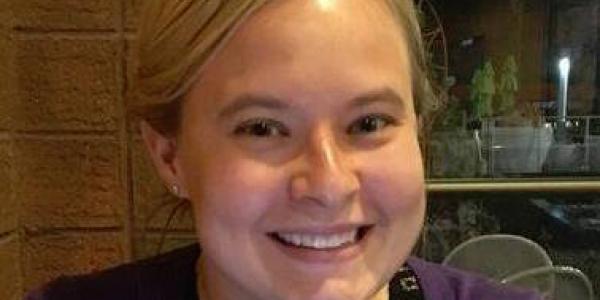
Jillian Bejerke, France
Jillian Bjerke, a doctoral student in history, will conduct dissertation research on the 13th-century lordship of Champagne, France, and the Iberian kingdom of Navarre. She plans to examine administrative records, such as collections of letters and financial accounts, to uncover innovative mechanisms the court-kings used to successfully govern both regions despite cultural, linguistic and geographic distance. Bejerke will spend most of her time in Paris and Troyes, France.

Danielle Garrison, France
Danielle Garrison, an aerial dancer working on a master's degree at CU Boulder, will be a resident artist at La Grainerie, studying within Le Lido in Toulouse, France. She will expand her performance and choreographic aerial abilities as she collaborates with French Cirque and media artists. Garrison plans to develop her thesis concert, which will investigate transcultural and interpersonal grief by telling multicultural aerial performance stories. She also aims to redefine the aerial performance aesthetic in the U.S.

Sierra Gladfelter, India
Sierra Gladfelter is finishing a master's degree in geography. Her climate research will take place in New Delhi and across Uttarakhand, India. She will survey traditional adaptive strategies that mountain villages actively use to cope with climate-induced disasters. As she documents traditional and locally-mobilized adaptive strategies, she hopes to give local voices agency in situations where external interventions are proposed. Her idea is to create a living database that integrates local knowledge on climate change into decision-making, not only in India, but globally.
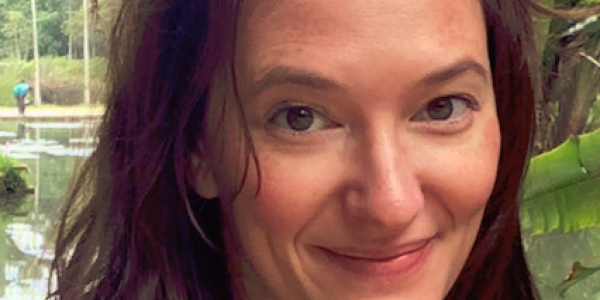
Maggie Rosenau, Germany
Maggie Rosenau, a PhD student in German language and literature, plans to conduct library and archival research in Erlangen, Germany, for her dissertation on postwar avant-garde art and poetry. She is especially interested in the concrete poetry of Eugen Gomringer and Dieter Roth, as well as what she calls the visual articulation of silence, which she sees as a repository of historical, social and political information.

Michael Rush, Chile
Michael Rush is completing a master's degree in environmental engineering. His Fulbright to the Chilean Patagonia will allow him to apply hydrologic and chemical models to mountain watersheds to predict how climate change will affect local water yield and stream quality. He hopes to organize community outreach to share the model predictions with stakeholders and decision-makers who can help communities adapt and prepare.
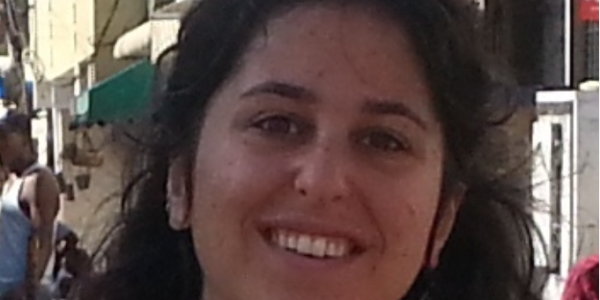
Haley Stein, Spain
Haley Stein is a recent CU Boulder graduate with a degrees in molecular, cellular and developmental biology; chemistry; and linguistics. She currently works in a lab, studying gene function. In Granada, Spain, she plans to work with a professor to conduct editing of metabolic genes in fungal strains. These fungi offer a potential solution to the pervasive problem of soil and water contamination from coal and oil processing.

Lisa Powers, Mexico
Lisa Powers is a recent graduate with a degree in linguistics and French. At a secondary school in Mexico, she will help teach English and American culture. Powers will use her time in Mexico to increase her knowledge of Mexican culture so she can be a more culturally sensitive educator in the U.S. when she returns. She plans to volunteer at a local school or nonprofit to aid with data management and program evaluation, skills she's honed professionally at the Colorado Education Initiative where she has been working.
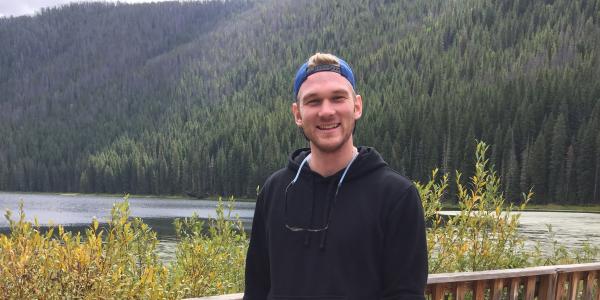
Dillon Webster, Spain
Dillon Webster is completing a master's degree in religious studies and history, as well as in Jewish studies. His project, a study of the socio-cultural connections of the Crown of Aragon's Jewish culture brokers in the 13th century, will take place in Barcelona, Spain. One of the important tasks in his research is to understand who the Jewish diplomats were, how they navigated both Christian and Muslim societies, and how they influenced the policy-making process of the time. His Fulbright work will contribute to a future doctoral degree.
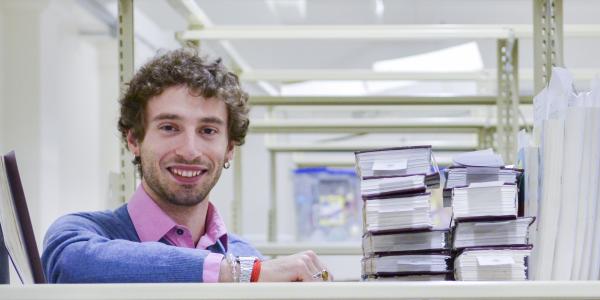
Eben Yonnetti, India
Eben Yonnetti is finishing his master’s degree in religious studies. His Fulbright will take him to the Himalayan region of Ladakh, India. His project will study how Tibetan Buddhist teachings and practices are mobilized to support environmental stewardship projects in response to climate change. His research will contribute to understandings of how religious traditions move across time and space in a process of reinterpretation, drawing on traditional teachings and practices in order to respond to contemporary issues.



